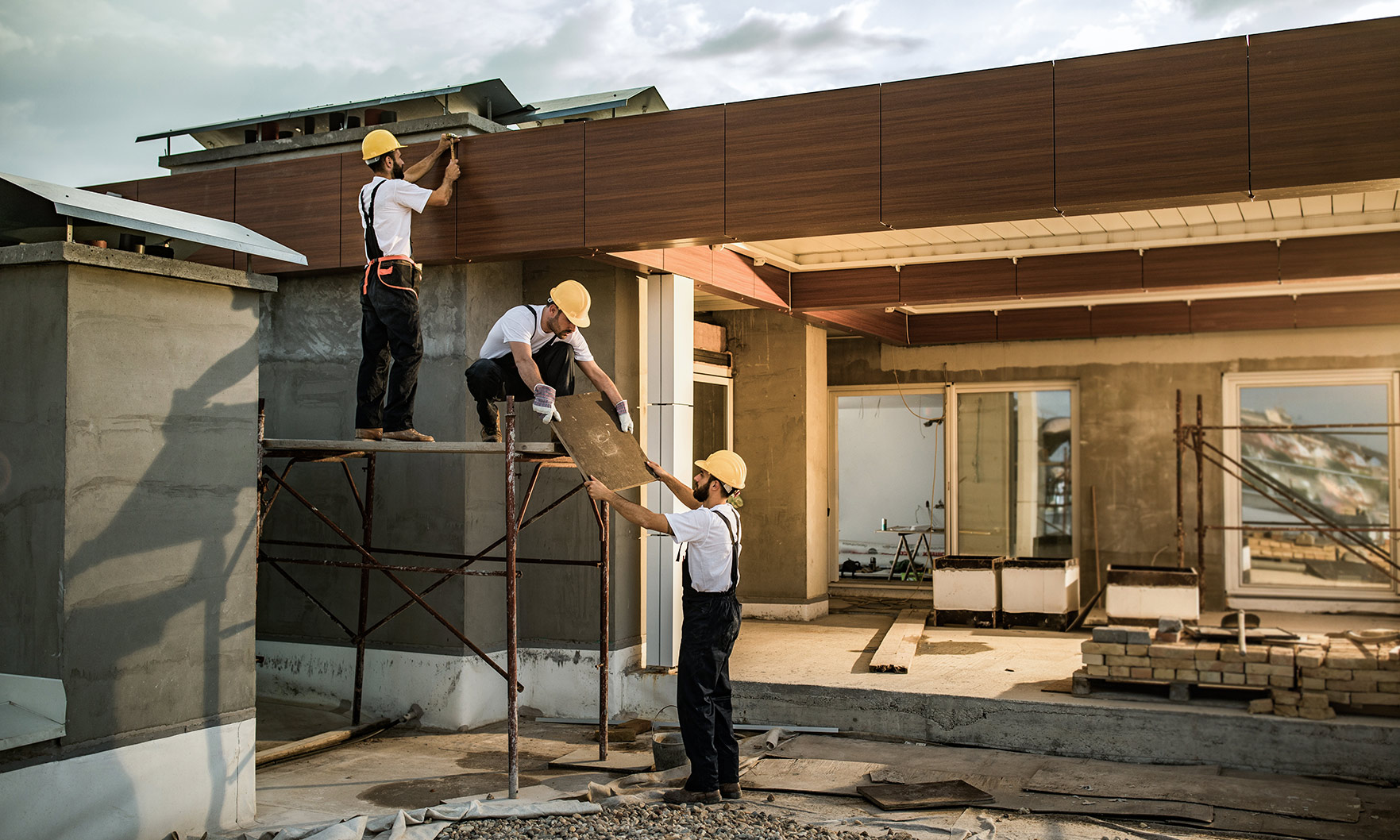Residential construction across the country rose in November, according to a report released by the U.S. Census Bureau and the U.S. Department of Housing and Urban Development today.
Single-family starts, which account for the largest share of new construction in the housing market, increased 2.4 percent to a 938,000 seasonally adjusted annual pace in November, the highest level since January 2019. Multi-family starts also showed gains – 4.9 percent to a 427,000 annualized rate.
Industry experts say all signs point to a continued rebound in home building.
“This month’s housing starts data gave an encouraging sign with over 1.48 million housing permits – a 12.5 year high – home building is beginning to accelerate to keep up with the pace of household formation,” said First American Deputy Chief Economist Odeta Kushi.
Lower mortgage interest rates have provided the assist. Single-family permits, at 918,000, were at their highest point since July 2007. “Permits are a leading indicator of future starts, so this is another nod to the expected strength of demand in 2020,” Kushi said.
The news was not as good in the Midwest, where single-family starts were down 5 percent in November, a reflection of both land availability and cost. However, looking at the three-month moving averages for regional Housing Market Index scores, the Midwest increased five points to 63.
Builder confidence in the market for newly built single-family homes was also up 5 points to 76, according to the latest figures from the National Association of Home Builders/Wells Fargo Housing Market Index, the highest level since June of 1999.
“More home construction appears to be on the way as we move into 2020, as reflected in the very high confidence of home builders, said National Association of Realtors Chief Economist Lawrence Yun. “They are clearly recognizing an improved business opportunity.”
According to the NAHB, new construction in the U.S. began its rebound last spring, thanks to positive market conditions like low unemployment, low interest rates and a low supply of existing homes, but higher development costs are still holding back the growth that is needed to meet demand.
“The latest housing starts numbers are good and rising, but still short by 135,000 compared to the long-term average — and well short of the 5 to 6 million that is now needed to fully end the housing shortage,” Yun said. “Some innovation in the industry is required as construction workers are hard to obtain in the current tight job market conditions. Modular factory-produced aspects need to be considered more intently to boost productivity. “
As of November 2019, there were 526,000 single-family homes under construction. Apartment construction was also on the rise, with 644,000 apartments under construction, up 5 percent from a year ago and marking a post-Great Recession high.
“Overall, more construction will mean more housing inventory to choose from for consumers,” said Yun. “Home sales can then easily rise while taming the fast growth in home prices.”
